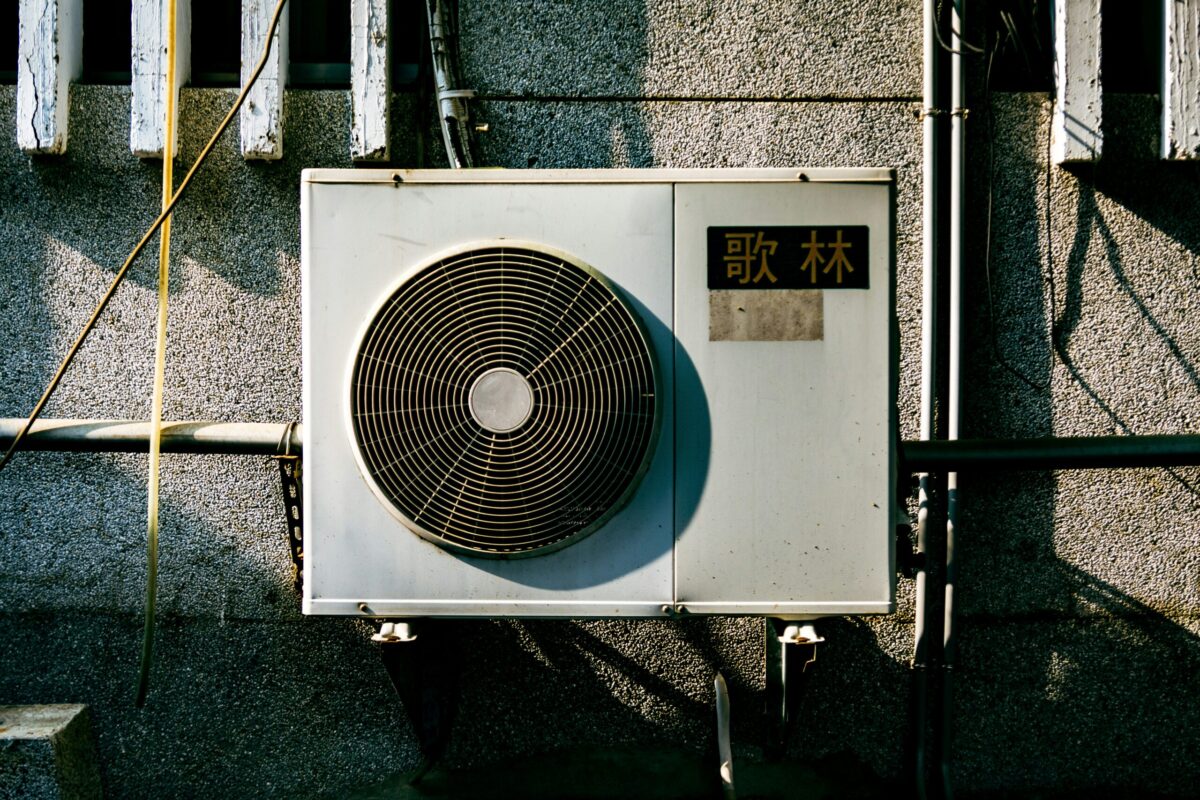Malaysia’s Sustainable Energy Development Authority (Seda) has assigned all of the 300 MW of capacity planned it planned to allocate for commercial and industrial PV under the Net Energy Metering 3.0 program (NEM 3.0) it launched in April.
According to the Malaysian Photovoltaic Industry Association (MPIA), this uptake relates to the NEM Nova scheme, or Net Offset Virtual Aggregation, which enables commercial and industrial PV system owners to sell excess power to the grid at market price or system marginal price (SMP). The amount of subscribed capacity in just three months is higher than the total NEM uptake in its first three years following its start in 2016.
“This is a testimony of high awareness among the energy consumers in solar energy adoption and the success of government’s program in driving the national renewable energy agenda,” the association stated. “MPIA is urging for more NEM quotas allocation to drive the national solar agenda forward and meet the rising demand for solar.”
The NEM 3.0 scheme also includes another two sub-schemes: the NEM Rakyat program for residential systems, which will allocate 100 MW and grant a net metering tariff over a 10-year period; and the NEM GoMEn program for government ministries and public entities, through which another 100 MW will be assigned under the same conditions as the NEM Rakyat.
Net metering replaced Malaysia's feed-in tariff incentive scheme in January 2016. In May 2017, Malaysia made the system more attractive and in 2019, with the NEM 2.0 program, the surplus power generated by the PV system was for the first time paid on a “one-on-one” offset basis, which meant that every kilowatt-hour injected into the network was offset against a kilowatt-hour of electricity taken from the grid. Under the previous regime, exported energy carried less value than consumed grid power.
At the end of 2020, the country had around 1,439 MW of installed solar generation capacity, according to the International Renewable Energy Agency. The Malaysian government is also supporting large-scale PV through a series of tenders.
This content is protected by copyright and may not be reused. If you want to cooperate with us and would like to reuse some of our content, please contact: editors@pv-magazine.com.




By submitting this form you agree to pv magazine using your data for the purposes of publishing your comment.
Your personal data will only be disclosed or otherwise transmitted to third parties for the purposes of spam filtering or if this is necessary for technical maintenance of the website. Any other transfer to third parties will not take place unless this is justified on the basis of applicable data protection regulations or if pv magazine is legally obliged to do so.
You may revoke this consent at any time with effect for the future, in which case your personal data will be deleted immediately. Otherwise, your data will be deleted if pv magazine has processed your request or the purpose of data storage is fulfilled.
Further information on data privacy can be found in our Data Protection Policy.